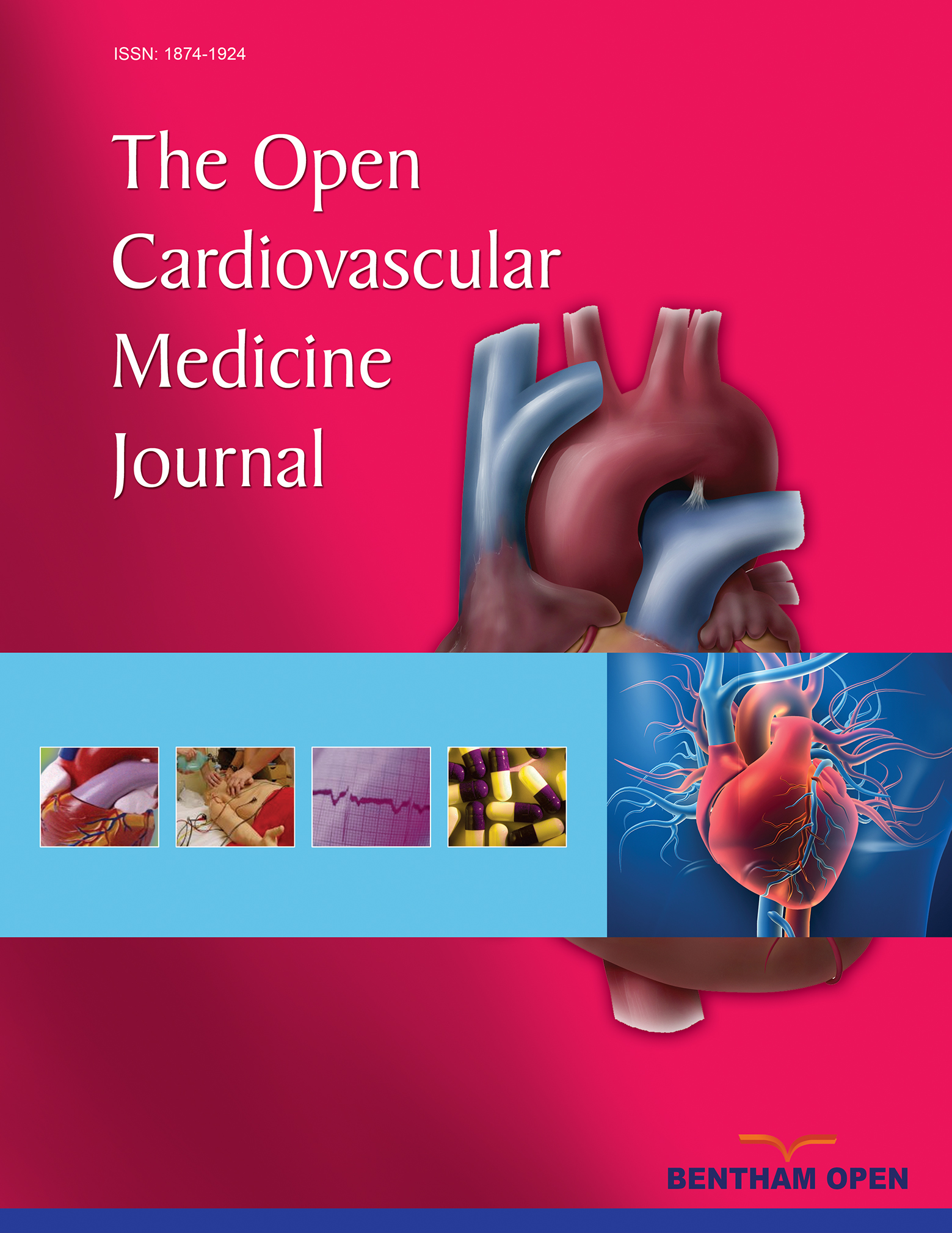All published articles of this journal are available on ScienceDirect.
New Insights into the Management of Hypertension and Cardiovascular Risk with Angiotensin Receptor Blockers: Observational Studies Help Us?
Abstract
Post-marketing observational studies are valuable for establishing the real-world effectiveness of treatment regimens in routine clinical practice as they typically monitor a diverse population of patients over many months. This article reviews recent observational studies of angiotensin receptor blockers (ARBs) for the management of hypertension: the 6-month eprosartan POWER study (n~29,400), the 3-month valsartan translational research programme (n~19,500), the 9-month irbesartan Treat to Target study (n=14,200), the 6-month irbesartan DO-IT survey (n~3300) and the 12-week candesartan CHILI survey programme (n=4600). Reduction in blood pressure with ARBs reported across these studies appears to be comparable for the different agents, although direct comparisons between studies cannot be made owing to different treatment durations and baseline patient demographics. Of these studies, the eprosartan POWER study, 2 of the 7 studies in the valsartan translational research programme, and the candesartan CHILI Triple T study measured total cardiovascular risk, as recommended in the 2013 European Society of Cardiology-European Society of Hypertension guidelines. The POWER study confirmed the value of the Systemic Coronary Risk Evaluation (SCORE) to accurately assess total cardiovascular risk.
With the advent of new healthcare practices, such as the use of electronic health records (EHRs), observational studies in larger patient populations will become possible. In the future, algorithms embedded in EHR systems could evolve as decision support tools to inform on patient care.


